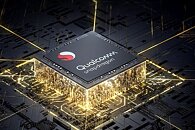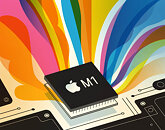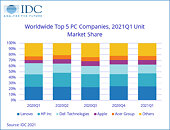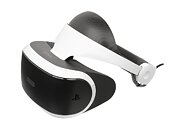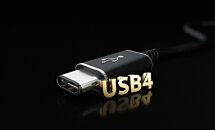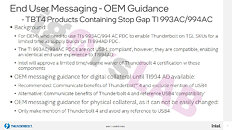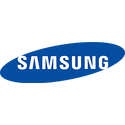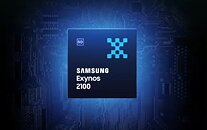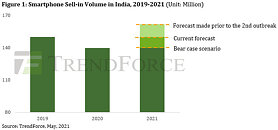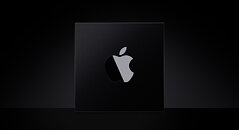As if Things Weren't Bad Enough, China is Now Experiencing Power Shortages
If you were hoping for relief from the electronics shortages, then we have more bad news for you, as China is now being hit by power outages in various parts of the country. The outages are due to shortage in production, as China is trying to balance pollution vs. production, while at the same time trying to make sure its population doesn't feel the worst of the power shortage.
Factories in at least five provinces have suspended production to try and appease the government, which in turn will lead to delays in shipping whatever part or component they're making that is an important cog in the greater machinery that produces so many of the world's goods. Not all factories are affected and the suspension is obviously temporary, but it seems like we can expect a rolling production suspension over the next few months at the very least, which suggests that not everyone will get their new shiny toy from Santa this Christmas.
Factories in at least five provinces have suspended production to try and appease the government, which in turn will lead to delays in shipping whatever part or component they're making that is an important cog in the greater machinery that produces so many of the world's goods. Not all factories are affected and the suspension is obviously temporary, but it seems like we can expect a rolling production suspension over the next few months at the very least, which suggests that not everyone will get their new shiny toy from Santa this Christmas.


















